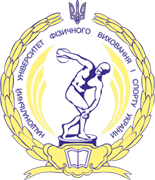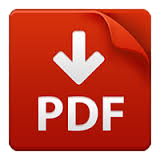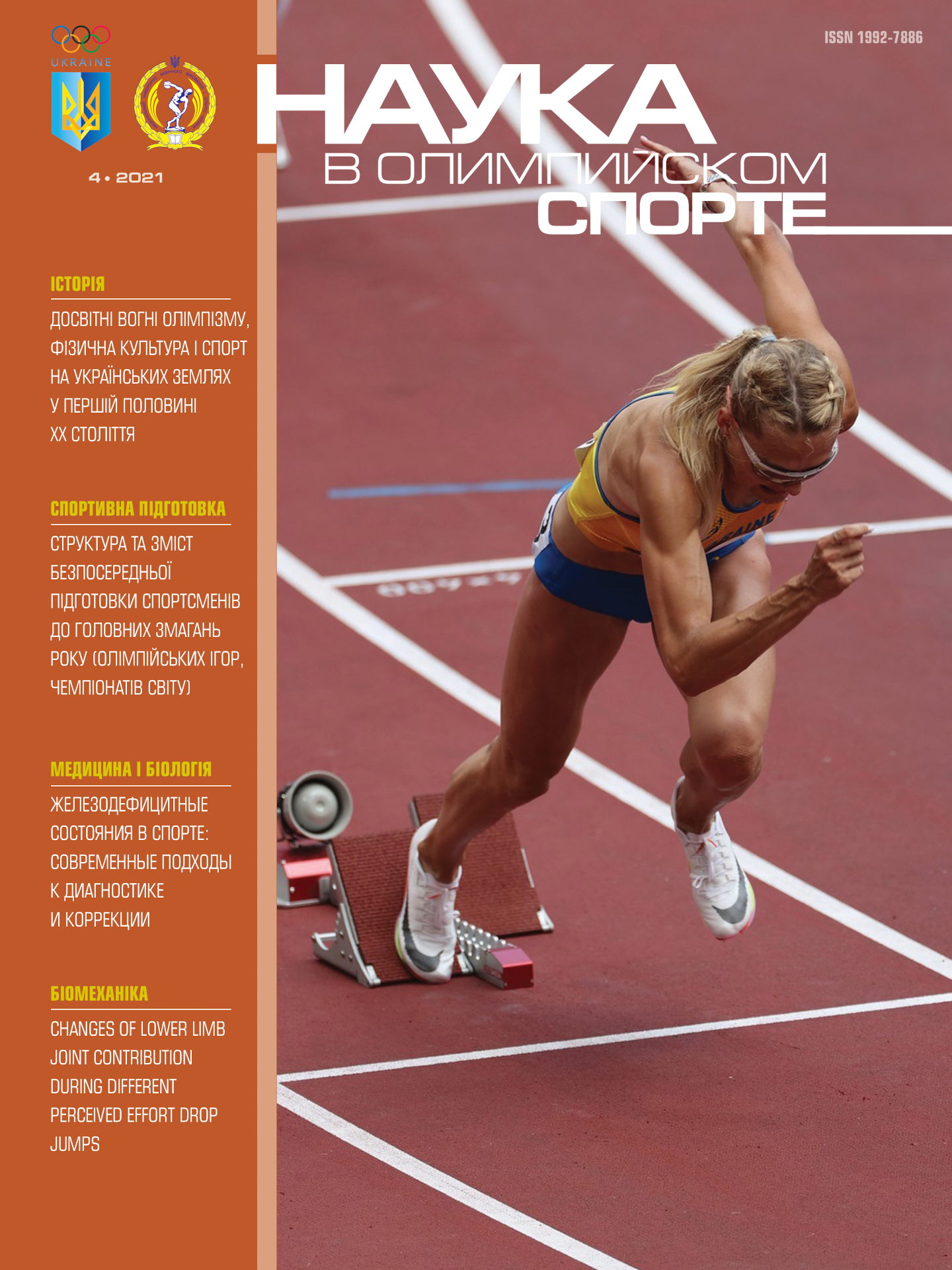Abstract:
Objective. Study of the Olympic Games and the Olympic movement as an aggregate of phenomena and processes of historical, socio-economic, political, educational, and purely sports character in their organic relationship, with due account for achievements and issues, positive and negative aspects, risks and development prospects.
Results. Most of the modern initiatives and educational resources implemented in the modern Olympic education system are focused only on obtaining general ideas about the Olympic Games and the Olympic movement, active promoting the ideals and values of the Olympic philosophy, which has been peculiar for the policy of the IOC and IOA in this area for several decades. Traditionally established concept of the Olympic education, peculiar for most countries, lags behind the needs of the time, is characterized by weak sociocultural content, limited criticism and commitment to emotional rhetoric, especially in the part that relates to the universalism of the Olympic values, claims to the global educational potential of the Olympic education. However, the Olympic movement and the Olympic Games do not need artificial idealization. Their value is in the greatest history, bright modernity, diversity and popularity, difficulties and contradictions, numerous interrelations with politics and economics, culture and art, education and upbringing. Versatile and objective consideration and study of the Olympic movement and, above all, the Olympic Games various aspects, with account for all strengths and weaknesses, achievements and issues, weak points and drawbacks can in no way adversely affect the popularity and significance of this phenomenon, including as an object of the Olympic education. On the contrary, the idealization of the Olympic sport and the Olympic Games, outstanding athletes and their role in the process of educational and upbringing, ignoring issues, difficulties, contradictions, negative phenomena and risk factors are a direct way to the devaluation of the Olympic education, to skepticism regarding its potentials and significance.
Аннотация:
Рассмотрены предпосылки формирования системы олимпийского образования, начиная со взглядов Пьера де Кубертена, и политика президентов МОК в этой области. Проанализированы исторические и социокультурные условия, которые способствовали либо препятствовали распространению олимпийского образования в разные периоды после возрождения Олимпийских игр.













